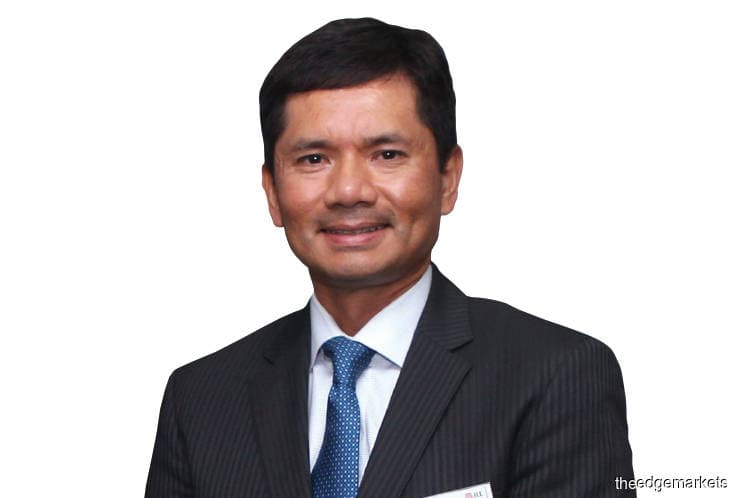
This article first appeared in The Edge Financial Daily on February 5, 2018
KUALA LUMPUR: Lapses in governance at 1Malaysia Development Bhd (1MDB), as acknowledged by Prime Minister Datuk Seri Najib Razak recently, are not affecting multinational companies’ (MNCs) interest to set up their regional hub in Malaysia, says InvestKL Corp.
Its chief executive officer, Datuk Zainal Amanshah, said governance is just one of the criteria MNCs look into when deciding whether to establish their regional hub in this country.
“Our government has been transparent to say that we could have done better [on governance],” Zainal told The Edge Financial Daily. “But the decision-making for an MNC is not purely on that. They look at so many other factors, like policies and regulations, talent, cost, infrastructure, strategic direction and financial condition.”
“When they look at this long checklist of other criteria, all of these things are important. They are aware of the [1MDB] incident but these are the criteria for them to make a decision.
“For the MNCs when they come to the ground, they still think Malaysia is conducive to do business,” he added.
InvestKL, set up under the purview of the ministry of international trade and industry and the ministry of federal territories, functions as a one-stop centre for MNCs to set up their business in Greater Kuala Lumpur.
Zainal said there is growing interest among foreign companies to invest in Malaysia, and cited the move by French industrial gas giant Air Liquide SA to establish its Smart Innovation Centre, and by Swiss fragrance and flavours firm Givaudan to set up its global business centre, in this country as examples.
“The type of investments that are coming in is very different. We have clearly moved up the value chain, from manufacturing and back office operations, to high-tech manufacturing, principal hub, smart innovation centres, centres of excellence,” he said, adding that this is in line with government’s plan to promote high-quality investments.
Nevertheless, Zainal acknowledged that MNCs continue to favour Singapore over Malaysia as their choice in setting up regional offices.
“This is a legacy issue. They have been focusing on being a regional hub since 20 to 30 years ago. Malaysia, for many years, looked at manufacturing, and then only it evolved to services and shared services, so that kind of branding is not easy to change,” he explained.
“Singapore has been known as a financial centre and regional hub, but I think the gap has narrowed tremendously. So what companies are doing now is that they will have regional headquarters there, but they will grow from Kuala Lumpur,” he added.
Zainal said this is because business conditions in Malaysia have improved in terms of talent availability, transport connectivity and competitive cost.
“Our standard tax is 24%, Singapore’s is 17%. But our government, when it comes to the right kind of investment, we do give tax incentives, so when these tax incentives kick in, it can neutralise the whole argument about tax. Safety has also improved a lot, so everything that you need for a hub is here,” he added.